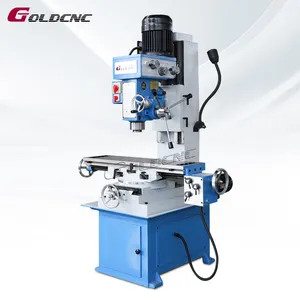
Universal Milling Machine GOLDCNC Zx50 Small Universal Milling Machine Zx50c Vertical Metal Drilling Milling Machine

Steel Rebar Rolling Machine Hydraulic Spline Milling Machine With Thread Rolling Dies Threaded Rod Making Machine


Plastic Grinding Machines Plastic Milling Machine Pet Rotating Blade Pulverizer Mill


Vmc1270 Best Price Cnc Vertical Machine Center 5 Axis Cnc Milling Machine


PE PP 3 Color Rattan Extruder Machine High Production Extrusion Line


Mini Inclined Bed Tck-700S CNC Lathe Metal Machine Tool Double-Knife Product Genre Machining Centre


Mill spinning production use wool fiber small carding machine

TONGDA FA1569 Cotton Yarn Spinning Mill Textile Spinning Machinery FA506 Ring Spinning Machine

Spinning mill machinery for cotton processing equipment

Sheep wool combing machine sheep wool spinning yarn mill machine carding machine for wool

Factory direct sale OEM available mini mill small fabric lab spinning extruder machine
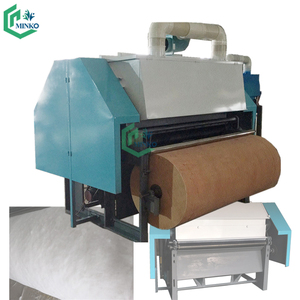
Industrial polyester fiber cotton fabric textile carding wool yarn spinning sheep wool carder spinning yarn mill machine

High Capacity Combing Machine With Competitive Price Ring Spinning Machine Mill

Metal Cone Spinning Machine flow forming wheels CNC Metal Spinning Lathe Machine For Casting Parts

complete small line wool cotton yarn spinning machine mop carpet yarn friction spinning machine
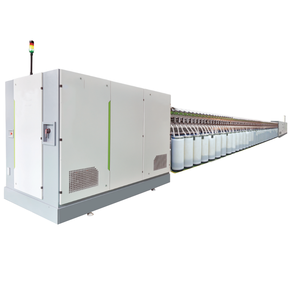
Modern Open End Rotor Sisal Polyester cotton Spinning Machine
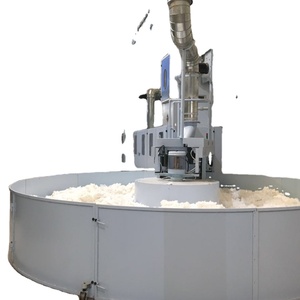
Disk bale plucker machine used in blowroom production line

High quality cotton yarn spinning NSC wool spinning machine

Open end spinning machine /Rotor spinning machine for cotton spinning

Metal spinning cnc automation lathe machine manufacturers for sale CK6140

Yarn doubling machine/ doubling machine

Wool Spinning Laboratory Gilling Machine

New design cotton thread ball making machine/cotton yarn ball winding machine/ball fiber making machine
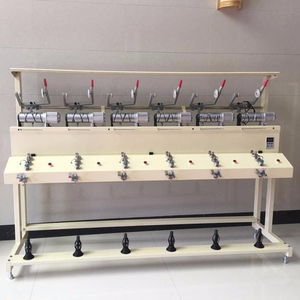
high speed yarn rewinding machine spinning machine textile machinery

15-30 intermingled dyed 7g/d FDY PP Multifilament Yarn Spinning Machine for cord and webbing making
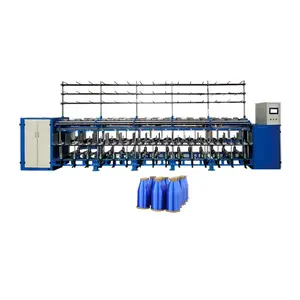
industrial yarn spinning machine ring twister high speed yarn twisting machinery

C6236 Manual mini Metal turning lathe machine tool torno mini metal lathe machines

Cheap price carding machine spinning trutzschler carding machine Easy Operate best quality factory directly supply automatic
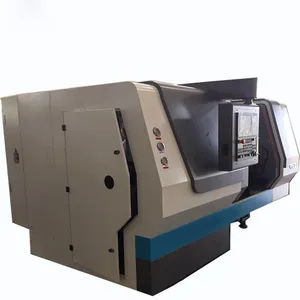
Big Discount High Precision Slant Bed Cnc Lathe And Milling Drilling Machine
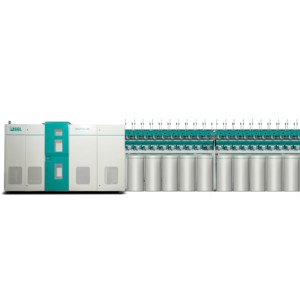
High Speed Used Open End Rotor Spinning Textile Machine For Spinning Cotton

Sisal Rope Spool Winding Machine / Twine Inflow Twister Making Machine / Embroidery Cotton Thread Cone Winding Machine

Second Hand Textile Ring Spinning Machine

Spinning Machine Spinning Lathe Machine Cnc Metal Dual Wheel Automatic Metal Processing Stainless Steel Copper Aluminum

Automatic spinning cots sleeve pulling-on machine for spinner spinning frame roving machine

High Speed Energy Saving Chenille Yarn Making Machine with Twisting Ring Spinning Spinning Mill Spinning Production Line

Industrial wool cotton cotton carding combing machine price

JC-100 High Speed Energy Saving Chenille Yarn Making Machine with Twisting Ring Spinning Spinning Mill Spinning Production Line

DONGJIA Blow Room Carding Machine For Cotton Yarn Spinning Production Line

Fanuc CNC Lathe Machine DT-40HY Slant Bed CNC Lathe DMTG With Y Axis



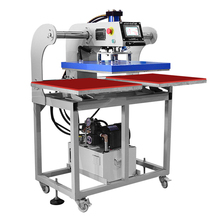
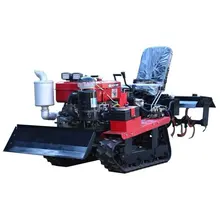





















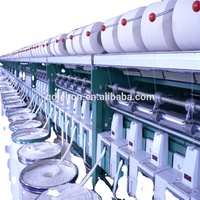








 浙公网安备 33010002000092号
浙公网安备 33010002000092号 浙B2-20120091-4
浙B2-20120091-4